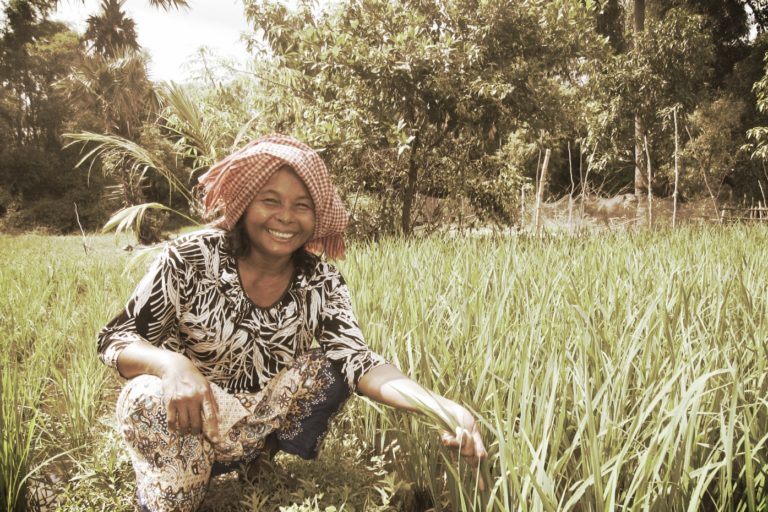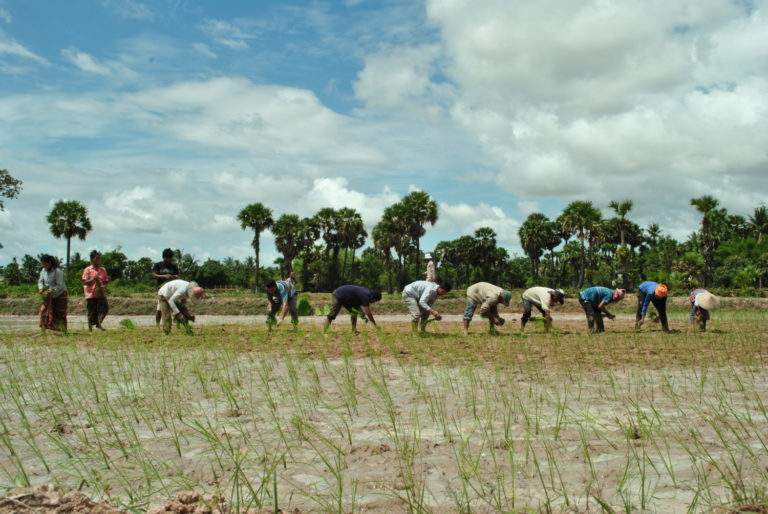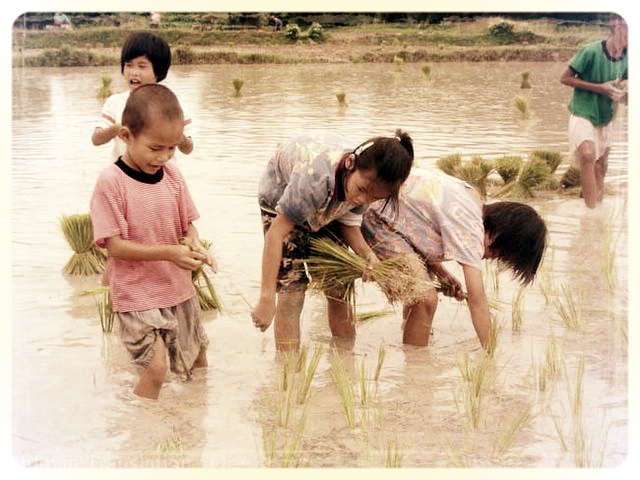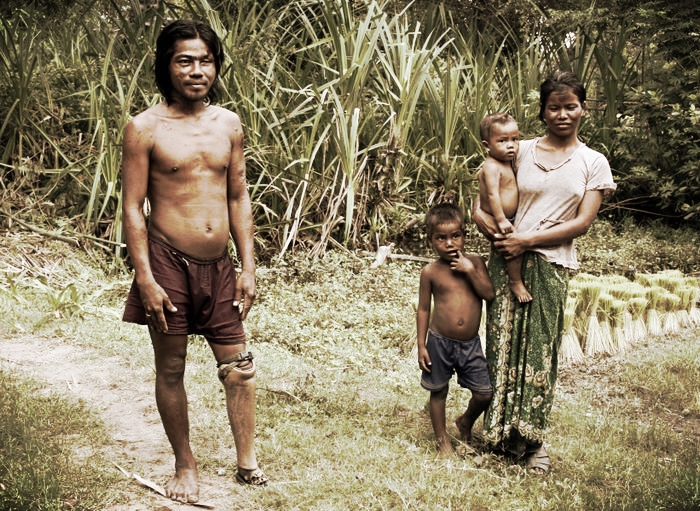HISTORY
OF CTO
The civil war and the terror of the Khmer Rouge regime left a devastated Cambodia. It took years for the population to recover from these dark years.
The year 1998 marked the definitive end of the Khmer Rouge and a new era began, one of peace and development. It was during this same year that the Human Translation project was launched, born of the meeting of a young 26 year old American backpacker, Tobias Rose-Stockwell, and a monk from the Siem Reap region. Together, they are working to rehabilitate the ancient Trav Kod reservoir, a legacy of the Angkorian irrigation channels.
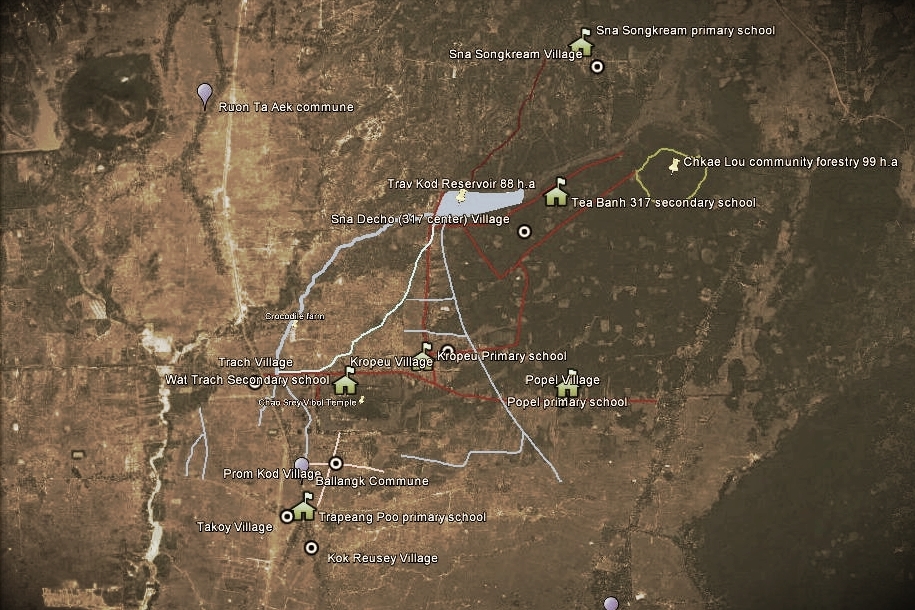
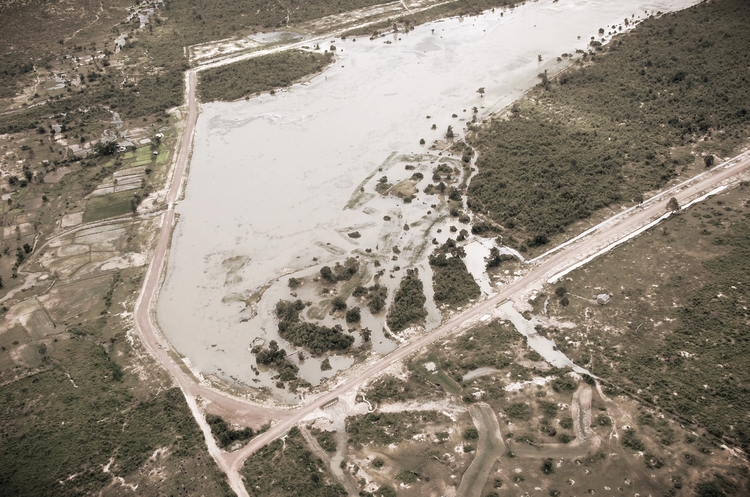
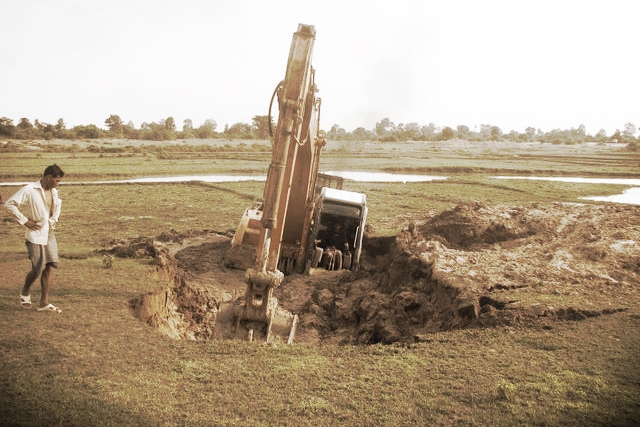
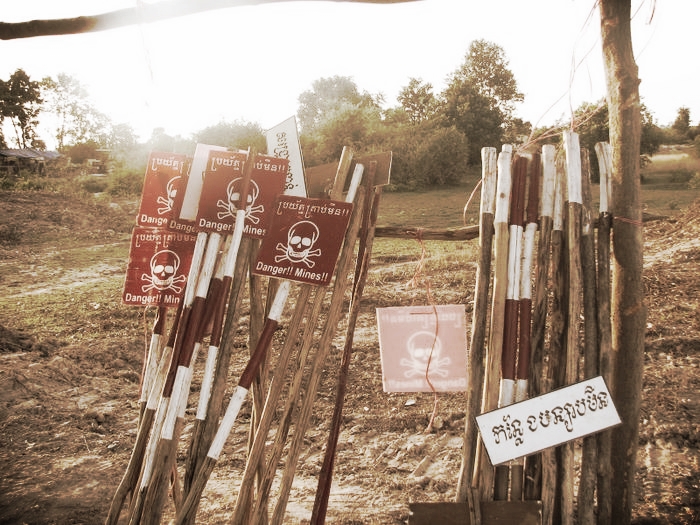
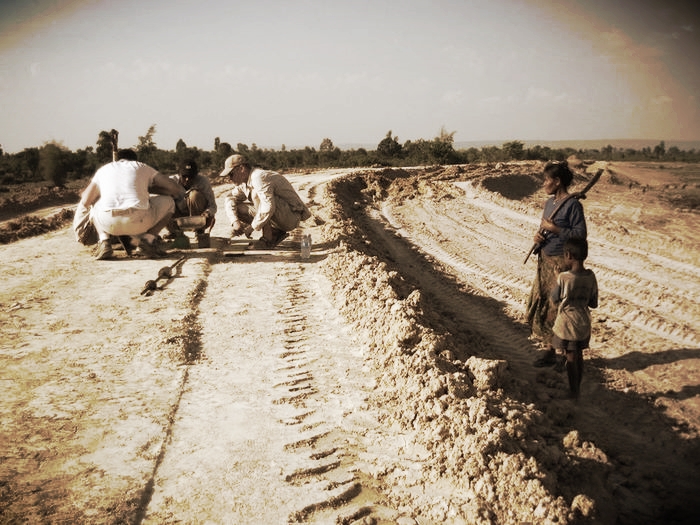
« The Basis of Human Translation is regardless where you live, regardless who you are, there is a universal human understanding that we should try to help one another »
Tobia Rose-Stockwell said, adding :
« I’ve learned a lot about people and what it takes to make a difference, it’s a challengeing question and the answer is, it doesn’t take much. »
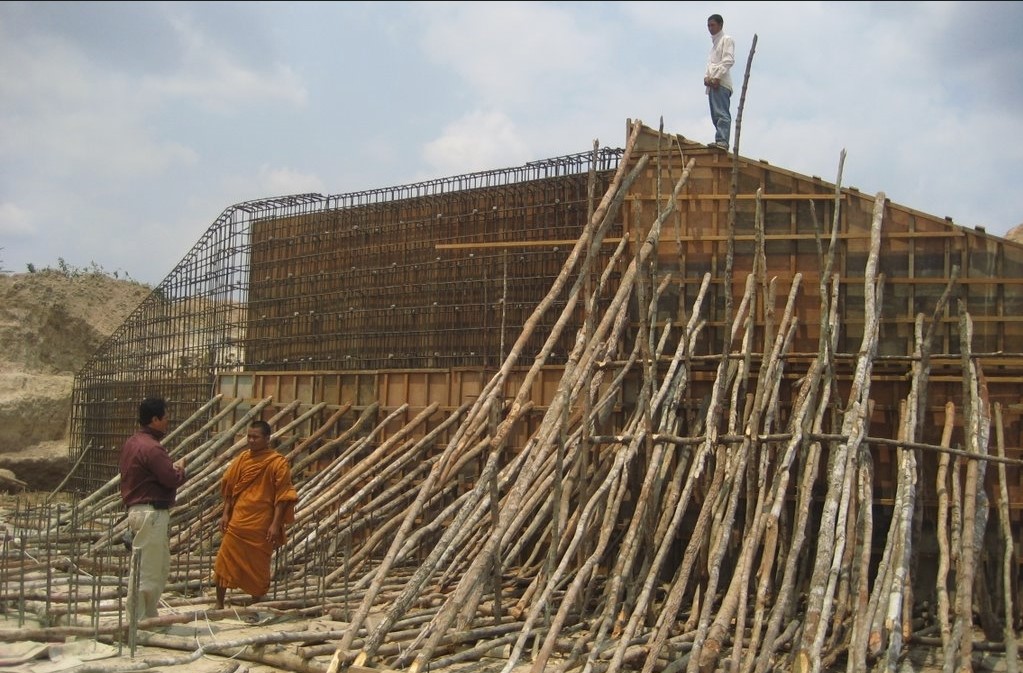
After raising funds and demining the lands, the work could begin. Trav Kod allows to irrigate the rice fields and to develop the life of the surrounding communitiesthe success of the project put a spotlight on human translation and official donors (us aid, oxfam, wfp, actionaid, weeffect, australianaid etc…) offered a financial support which allowed to diversify the projects to help the communities in several domains (empowerment, education, agriculture, water disinfection, ecotourism)
Trav Kod was a huge project that allowed us to experiment with a bottom-up development technique, giving communities the knowledge and skills to improve their lives and develop sustainably.
It is in this spirit that Human Translation has initiated a localization process. Today, Community Translation Organisation (CTO) based in Siem Reap, ensures the continuity of field operations with a team made of Khmer people, and develops new projects with international partners.
"Trav Kod was a project exploring the boundaries of human empathy.
Our goal was to re-humanize communities destroyed by civil conflict, and help translate awareness of humanitarian issues into directed action."
